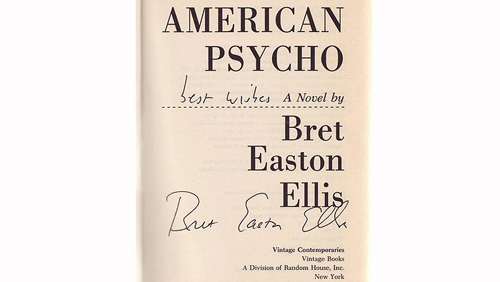BP May Be Burning Sea Turtles Alive

BP has been using controlled burns to limit the spread of oil in the Gulf of Mexico. In the process they are burning much of what wildlife remains in the area alive. In particular, conservationists say that sea turtles—including the endangered Kemp’s Ridley—are being caught in burns. “Once the turtles are in there, they can’t get out,” Mike Ellis, a boat captain involved in the rescue, told conservation biologist Catherine Craig in an interview.
“It reflects the conventional wisdom of oil spills: If they just keep the oil out at sea, the harm will be minimal,” Blair Witherington told the Los Angeles Times. But Witherington, a scientist who is part of the effort to rescue turtles, thinks the controlled burns are a mistake, and wishes BP would at least let them search the areas to be burned before they are set on fire. Nevertheless, Witherington admits that it might not be possible to save the turtles. “We’ve seen the oil covering the turtles so thick they could barely move, could hardly lift their heads. I won’t pretend to know which is the nastiest.”
Because Kemp’s Ridleys are listed under the Endangered Species Act—their numbers are probably in the thousands—harming or killing one carries stiff penalties. BP should theoretically be liable for deaths caused by the oil spill. But the controlled burns make it impossible to tell just how many turtles have died, which leads Mike Michael to accuse BP of destroying the evidence to keep their liability down.
More likely, BP is simply trying to limit the damage as quickly as possible. While the should probably be doing a better job working with conservationists to save wildlife, the truth is that there may not be much they can do with tens of thousands of gallons of oil still leaking into the Gulf. More than anything, it is oil company negligence—as well as a lack of serious government oversight—to blame for the death of the turtles. Nevertheless, the ghastly image of dying turtles should serve as a stark reminder that drilling is not a simple or as safe as it was made out to be. It should be clear now that oil consumption comes at a cost beyond what we pay at the pump. And unless we finally move to cleaner sources of energy, it’s not just a few endangered turtles that will die.





